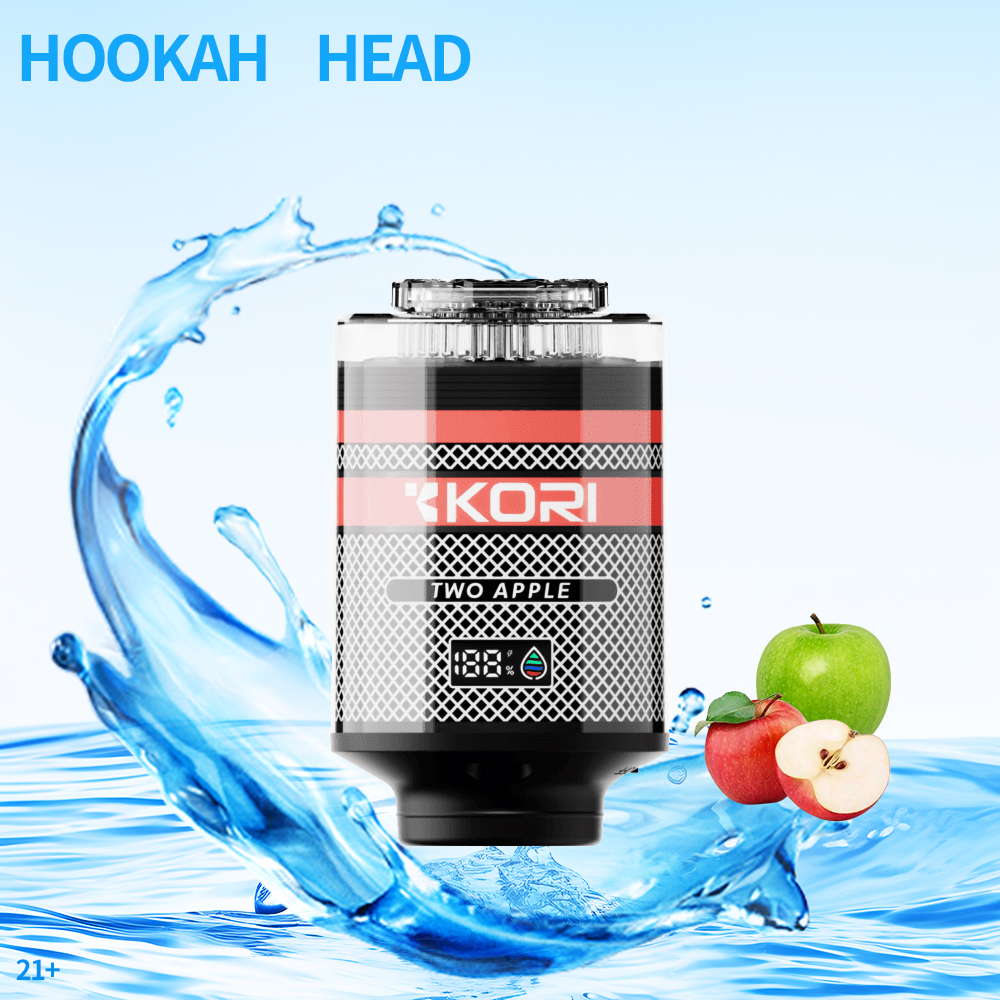Are Vape Shops Closing Down? An In-Depth Analysis of the Vaping Industry
The vaping industry has seen significant growth over the past decade, becoming a popular alternative to traditional smoking. However, recent trends indicate that a considerable number of vape shops are closing down, raising concerns among consumers and industry stakeholders alike. This article explores the reasons behind this phenomenon, the current state of the vaping market, and what the future holds for vape shops.
The Rise and Fall of the Vaping Industry
In the early 2010s, vaping was heralded as a safer option compared to cigarettes. As the industry expanded, thousands of vape shops opened across the globe, attracting a diverse customer base. This boom was attributed to innovative products and marketing strategies aimed at appealing to smokers looking for alternatives.
Regulatory Challenges
One critical factor influencing the closure of vape shops is the evolving regulatory landscape. Governments worldwide have begun regulating vapor products more strictly, often implementing age restrictions, flavor bans, and advertising limitations. For instance, the United States has seen the introduction of various federal and state-level regulations that have impacted the sales strategies of these shops, leading to increased operational challenges.
Health Concerns and Public Perception
Health concerns have also played a significant role in the decline of vape shops. Reports linking vaping to severe lung injuries and other health risks have swayed public opinion. Consequently, many consumers have turned back to traditional tobacco products or opted for nicotine cessation methods, further crippling vape shops' financial viability.
Market Saturation and Competition
As the vaping industry matured, market saturation became an issue. An influx of vape shops led to heightened competition, with many struggling to differentiate themselves in a crowded market. Local shops often found it challenging to compete with larger, established brands or online retailers that offered lower prices and more significant product selections.
Economic Factors**
The economic landscape, especially in the wake of the COVID-19 pandemic, has also led to a ripple effect in many retail environments, including vape shops. Many brick-and-mortar stores faced temporary closures during lockdowns, leading to a loss of regular customers. Even as these shops reopened, the ongoing uncertainty impacted consumers' discretionary spending, directly affecting sales.
Changing Consumer Preferences
Consumer preferences have evolved dramatically over the years. With an increased focus on health and wellness, many are wary of nicotine products altogether. The rise of other smoking alternatives, such as heated tobacco products, has led to a shift in consumer behavior. Vape shops that fail to adapt to these changes risk stagnation or closure.
Innovation vs. Regulation
The vaping industry has always been characterized by innovation, with companies regularly introducing new flavors, devices, and technology. However, with many jurisdictions moving towards flavor bans and stricter regulations, these innovations are losing their appeal. Vape shops that previously thrived on offering a vast range of flavors now find themselves limited, leading to a decrease in customer interest.
The Future of Vape Shops
So, what does the future hold for vape shops? While some may continue to close their doors, others can find new opportunities for growth by pivoting their business strategies. Diversifying product offerings, including non-nicotine alternatives, and emphasizing online sales can help weather the storm. Additionally, establishing a strong community presence through educational initiatives and local participation may attract a loyal customer base.
The Importance of Consumer Education
Consumer education is vital to dispel misconceptions about vaping and its health implications. Vape shops that prioritize educational programs and promote responsible vaping can build trust and credibility. By becoming a reliable source of information, shops can position themselves as industry leaders while fostering a sense of community among customers.
Adapting to Market Dynamics
The vaping industry is constantly changing, and shop owners must stay informed about market dynamics. Understanding customer needs, keeping abreast of changing regulations, and adapting services accordingly are essential for survival. Shops that strategize effectively and respond proactively to market changes are more likely to succeed in the long run.
The Role of Technology**
Leveraging technology, especially through e-commerce platforms, has become more crucial than ever. Vape shops that invest in user-friendly websites and digital marketing strategies can reach a broader audience. This shift to online sales can compensate for declining foot traffic in brick-and-mortar stores.
Supporting Local Vape Shops
As many vape shops face closures due to these challenges, supporting local businesses is more important than ever. Consumers can play a vital role by choosing to shop locally rather than relying solely on online retailers. Engaging in community events and promoting local vape shops can foster a sense of unity and support, contributing to their sustainability.
Final Thoughts on the Vaping Landscape
The landscape of vape shops is shifting, with closures highlighting the challenges faced in the current environment. However, with strategic adaptations and community engagement, many shops can pivot towards a more sustainable future. As the industry continues to evolve, it will be essential for vape retailers to remain agile and responsive to changes in consumer preferences and regulations.





